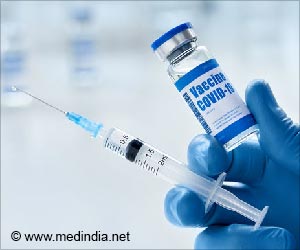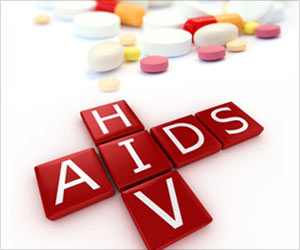The FDA’s evaluation and analysis of the safety, effectiveness and manufacturing data of these vaccines was rigorous and comprehensive, supporting the EUAs.
The agency suggested that potential benefits of the Moderna and Pfizer-BioNTech COVID-19 vaccines outweigh the risks in the pediatric populations.
Advertisement
Prior to making the decision the Related Biological Products Advisory Committee was consulted and voted in support of the authorizations.
“Many parents, caregivers and clinicians have been waiting for a vaccine for younger children and this action will help protect those down to 6 months of age.
As we have seen with older age groups, we expect that the vaccines for younger children will provide protection from the most severe outcomes of COVID-19, such as hospitalization and death,” said FDA Commissioner Robert M. Califf, M.D.
“Those trusted with the care of children can have confidence in the safety and effectiveness of these COVID-19 vaccines and can be assured that the agency was thorough in its evaluation of the data.”
The Moderna COVID-19 Vaccine is given as two doses, one month apart, to individuals 6 months through 17 years of age. 3rd dose is also authorized for use.
The Pfizer-BioNTech COVID-19 Vaccine is given as three doses in which the initial two doses are administered three weeks apart followed by a third dose administered at least eight weeks after the second dose in individuals 6 months through 4 years of age.
Information about each vaccine is available in the fact sheets for healthcare providers administering vaccine and the fact sheets for recipients and caregivers.
“As with all vaccines for any population, when authorizing COVID-19 vaccines intended for pediatric age groups, the FDA ensures that our evaluation and analysis of the data is rigorous and thorough,” said Peter Marks, M.D., Ph.D., director of the FDA’s Center for Biologics Evaluation and Research.
“In addition to making certain the data for these vaccines met FDA’s rigorous standards, the agency’s convening of an advisory committee was part of a transparent process to help the public have a clear understanding of the safety and effectiveness data supporting the authorization of these two vaccines for pediatric populations.”
Evaluation of the Moderna COVID-19 Vaccine
Immune responses of 230 children 6 through 23 months and 260 children 2 through 5 years of age who received a two-dose primary series of the Moderna COVID-19 Vaccine at 25 micrograms of mRNA were compared to immune responses among 290 adults who received two doses of the vaccine.
In these FDA analyses, the immune response to the vaccine, among both age groups of children, was comparable to the immune response of the adults.
An analysis of cases of COVID-19 occurring at least 14 days after the second dose among 5,400 children, the vaccine was 50.6% effective in preventing COVID-19.
Safety of the Moderna COVID-19 Vaccine
In clinical trial participants 6 months through 5 years of age, the most commonly reported side effects across all age subgroups included pain, redness and swelling at the injection site, fever and underarm (or groin) swelling/tenderness of lymph nodes in the same arm (or thigh) as the injection.
Effectiveness of Pfizer-BioNTech COVID-19 Vaccine
The effectiveness and safety data evaluated and analyzed by the FDA for the Pfizer-BioNTech COVID-19 Vaccine were generated in an ongoing, randomized, blinded, placebo-controlled clinical trial in the United States and internationally, which enrolled infants and children.
The immune response to the vaccine among children was comparable to the immune response of the older participants.
Safety of Moderna COVID-19 Vaccine
The most commonly reported side effects in clinical trial participants 6 through 23 months of age who received the vaccine were irritability, decreased appetite, fever and pain, tenderness, redness and swelling at the injection site. These side effects were also reported for the vaccine recipients 2 through 4 years age, in addition to fever, headache, and chills.
Risks of Myocarditis and Pericarditis
The observed risk is highest in males 18 through 24 years of age for the Moderna COVID-19 Vaccine and in males 12 through 17 years of age for the Pfizer-BioNTech COVID-19 Vaccine.
Most cases of myocarditis associated with the Moderna and Pfizer-BioNTech COVID-19 vaccines are characterized by rapid resolution of symptoms following conservative management, with no impact on quality of life reported by most patients who were contacted for follow-up at 90 days or more after reporting myocarditis.
The risks of myocarditis and pericarditis are described in the fact sheets for each of these vaccines.
Source: Medindia



